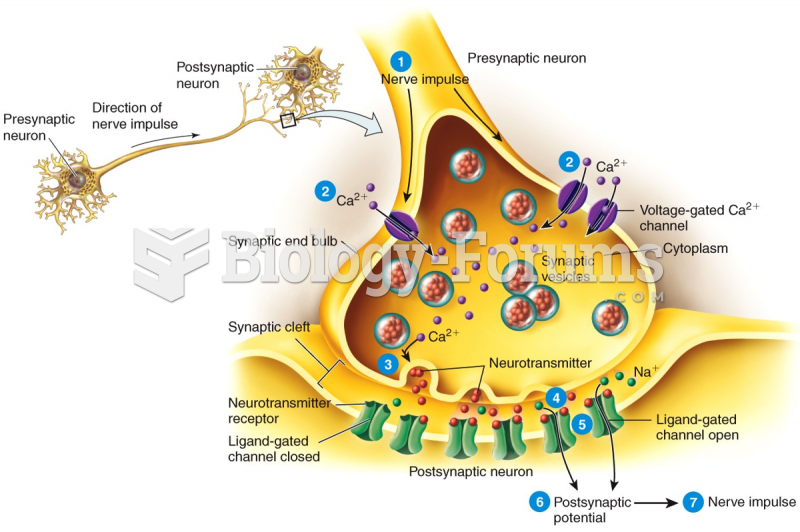|
|
|
Did you know?
The average adult has about 21 square feet of skin.
Did you know?
There are 20 feet of blood vessels in each square inch of human skin.
Did you know?
People often find it difficult to accept the idea that bacteria can be beneficial and improve health. Lactic acid bacteria are good, and when eaten, these bacteria improve health and increase longevity. These bacteria included in foods such as yogurt.
Did you know?
Atropine, along with scopolamine and hyoscyamine, is found in the Datura stramonium plant, which gives hallucinogenic effects and is also known as locoweed.
Did you know?
On average, the stomach produces 2 L of hydrochloric acid per day.







